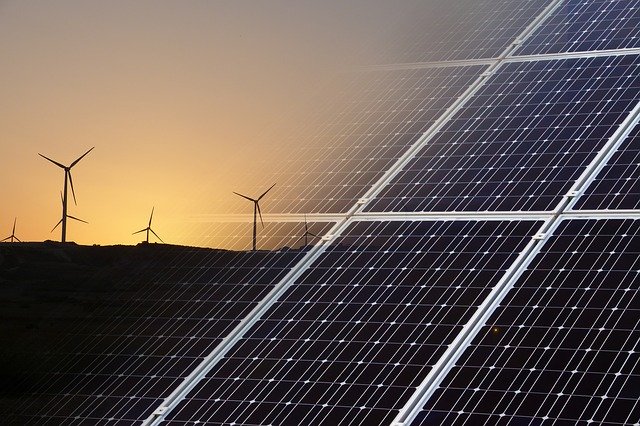Empowering Africa: The Solar Revolution and Renewable Energy Growth
Key Ideas
- Africa, with abundant solar resources, is leveraging solar power to address energy challenges and drive socio-economic development.
- Despite a slight drop in new solar capacity installation in 2024, there is a trend towards market diversification across the continent.
- Challenges such as financing hinder solar expansion; the continent requires more private investment and innovative financing models.
- Opportunities in e-mobility and renewable hydrogen further enhance the potential of solar energy expansion in Africa.
Africa is increasingly becoming a prominent player in the global transition to renewable energy, with a particular focus on leveraging solar power to tackle energy challenges on the continent. Despite over 600 million people in Africa lacking reliable electricity access, solar energy is seen as a viable solution due to its affordability, cleanliness, and scalability, which can drive socio-economic growth, industrialization, and energy security. In 2024, Africa installed 2.4 GW of new solar capacity, with countries like Egypt, Ghana, Burkina Faso, and Nigeria contributing to a more balanced solar growth pattern.
Although South Africa and Egypt accounted for a significant portion of new solar installations, emerging players like Ghana, Burkina Faso, and Zambia are making strides in the solar energy sector. Financing remains a key challenge, with a reliance on public sources for funding, necessitating more private investment and innovative financing mechanisms for the continent to achieve its renewable energy targets.
The article also highlights the emerging opportunities in e-mobility and renewable hydrogen, with several African countries setting e-mobility targets and exploring the integration of solar power into electric vehicle infrastructure. Additionally, renewable hydrogen projects are expected to complement solar power expansion in the coming years.
Looking forward, Africa is projected to install an additional 23 GW of solar capacity by 2028 under a medium growth scenario, showcasing a 30% compound annual growth rate. The transformative potential of solar power in Africa lies in its ability to offer sustainable energy, drive economic development, and support climate goals. However, realizing this potential requires addressing financial barriers, enhancing infrastructure, and promoting international cooperation to pave the way for a solar-powered future in Africa.
